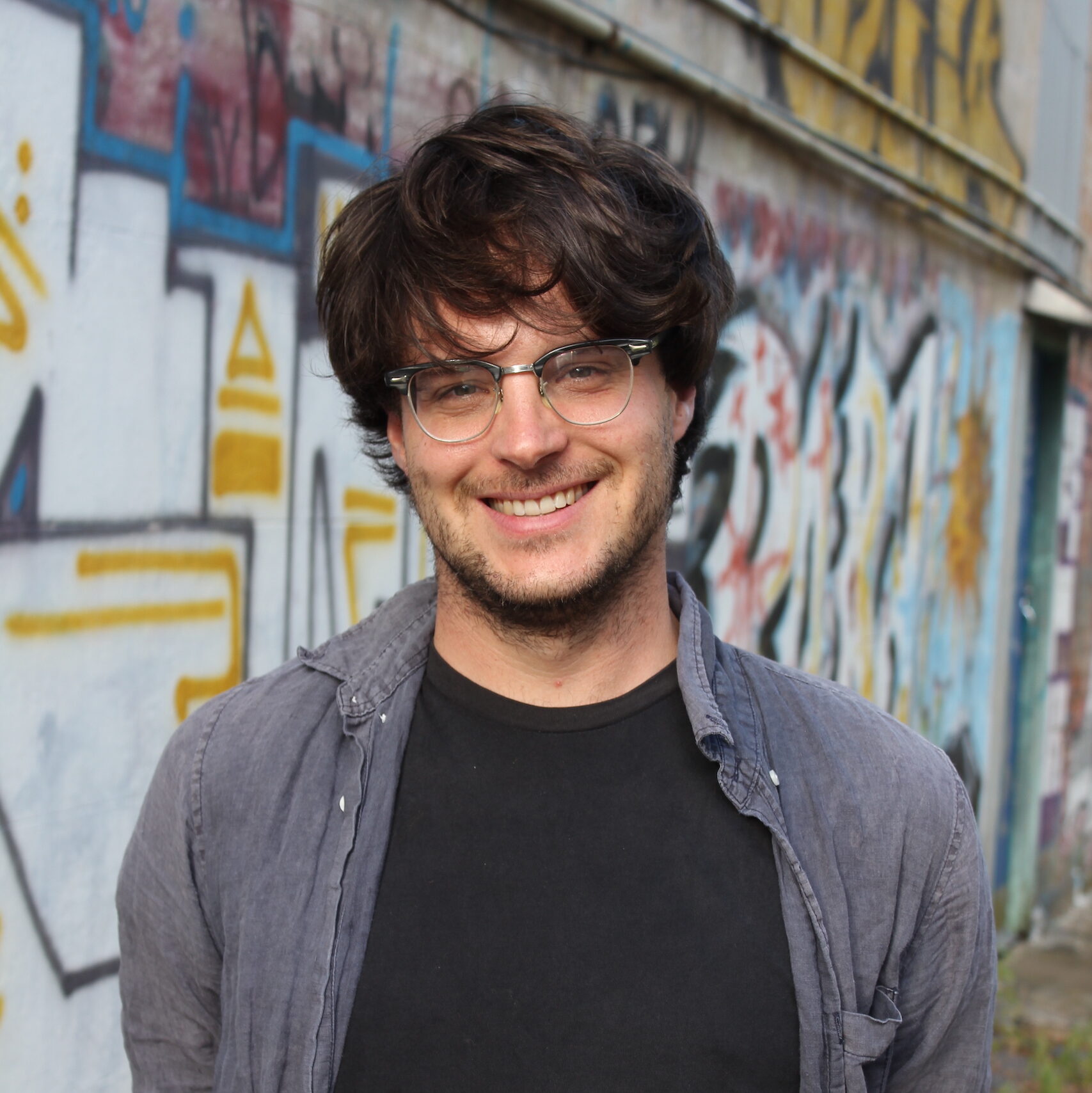This year’s winner is Gabriel Watts (University of Sydney) for his essay “Hume’s Gambit: Irreligion, Animals, and Truth.” There were 29 entries for the prize, and the panel of judges consisted of Donald Rutherford, Mary Domski, Elizabeth Radcliffe, Mogens Laerke, and Desmond Hogan.
Gabriel Watts is currently a research fellow at the University of Sydney, he wrote his essay as a junior research fellow with the Deutsche Forschungsgemeinschaft Centre for Advanced Studies in the Humanities “Human Abilities” group, Freie Universität Berlin. He completed his DPhil in 2020 at Oriel College, University of Oxford.
The winning submission offers an elegantly written and sophisticated treatment of a momentous question in Hume’s Treatise, namely, how Hume can justifiably support the use of reason in the wake of the devastating skeptical doubts posed at the end of Book 1. We believe it is exactly the sort of paper that should be awarded the Sanders Prize. It pushes forward an important conversation and does so with insight and thoughtfulness.
Abstract:
In this paper I develop an irreligious reading of Hume’s decision to return to philosophy after his sceptical crisis at the end of Book One of A Treatise of Human Nature. Any irreligious reading of Hume’s epistemology must articulate Hume’s epistemic grounds for preferring his experimental science of human nature to sophisticated superstitious anthropologies. I argue that Hume believes his use of animal analogies to confirm his hypotheses offers him the best possible “security” against positing false causal claims about the nature of our “mental operations”, and that the superior security of this experimental method of reasoning provides him with epistemic grounds for preferring his science of human nature to superstitious metaphysics, even though both have title to our assent. I conclude by suggesting that in continuing to philosophise after his sceptical crisis, Hume risks his intellectual reputation on a bet that “the latest posterity” will find his science of human nature a surer path to useful truths than superstition, because his experimental philosophy of human nature is the most epistemically secure form of anthropology there is. This irreligious gambit, I claim, is the origin of Hume’s philosophy.







